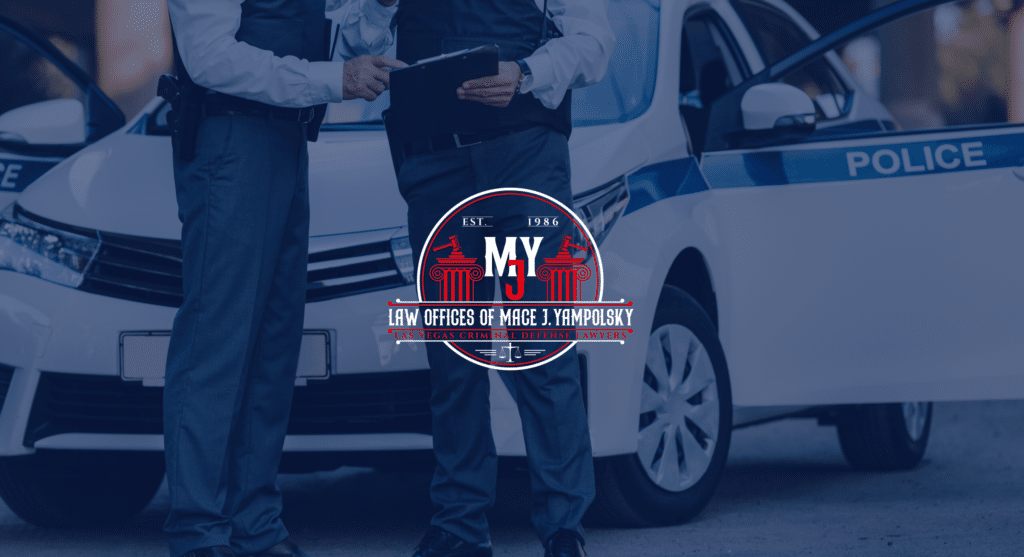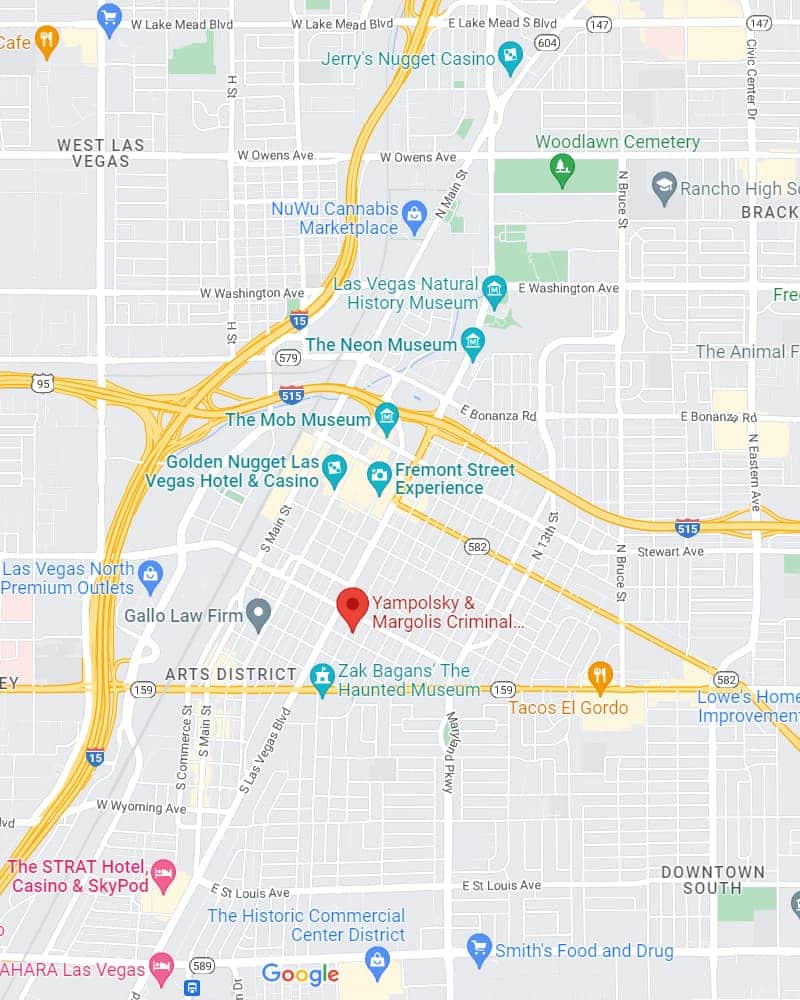The 2nd Amendment to the U.S. Constitution says: “A well regulated Militia, being necessary to the security of a free State, the right of the people to keep and bear Arms, shall not be infringed.” That means every American has a Constitutionally protected right to bear arms and that right is protected by the highest law in the land, the U.S. Constitution, right?
Not really. The U.S. Constitution’s Second Amendment isn’t a defense against a Nevada weapons crime. For example, two 17-year-old males allegedly brought guns to Sierra Vista and Desert Rose high schools. Both of these incidents led to their arrests on March 1, 2018. The Second Amendment would seem to protect them, doesn’t it? Well, it doesn’t. Nevada Revised Statute, NRS 202.265 makes it illegal to carry or possess a pistol, revolver, or another firearm on the property of a public school. The two 17-year-olds are facing charges of having violated that statute.
In the case U.S. v. Miller, 307 U.S. 174 decided in 1939 the U.S. Supreme Court ruled that a shotgun with a barrel of fewer than 18 inches could be regulated under the National Firearms Act (NFA) (which has since been replaced by Gun Control Act of 1968 (GCA)) because it was not a weapon that a Militia would use. The Supreme Court held that the NFA had been violated because the shotgun hadn’t been registered with the Bureau of Alcohol, Tobacco, Firearms, and Explosives (ATF).
Just because a shotgun with a barrel of fewer than 18 inches doesn’t have constitutional protection doesn’t mean you can’t have one. It just means you must register it and have an ATF stamp put on it. Your ability to own one is restricted because you have to meet the regulations under the GCA. The GCA also imposes a federal license requirement on gun manufacturers, importers, and persons in the business of selling firearms. These people are referred to as licensees.
In 1993 the GCA was expanded by the Brady Handgun Violence Prevention Act. The Brady Act created a background check system that required licensees to inspect the criminal history background of a prospective gun purchaser. The Brady Act also created a list of categories of individuals to whom the sale of firearms was prohibited. The list includes persons who were under indictment for certain crimes, fugitives from justice, addicts, mental defectives, and dishonorably discharged members of the Armed Forces. The ATF is also charged with preventing the sale of firearms to holders of state-issued medical marijuana. The Brady Act also generally prohibits persons under 18 years of age from possessing handguns or handgun ammunition. Under Federal law, it is also illegal to carry a gun in a school and in a government building.
The 2nd Amendment may provide some protection to gun owners, but that protection has been restricted in many ways. The right to bear arms has been infringed upon and can be expected to be further restricted in light of such incidents as Columbine, Sandy Hook, the October 1 massacre in Las Vegas, and most recently the killing of 17 school children in Parkland, Florida.






